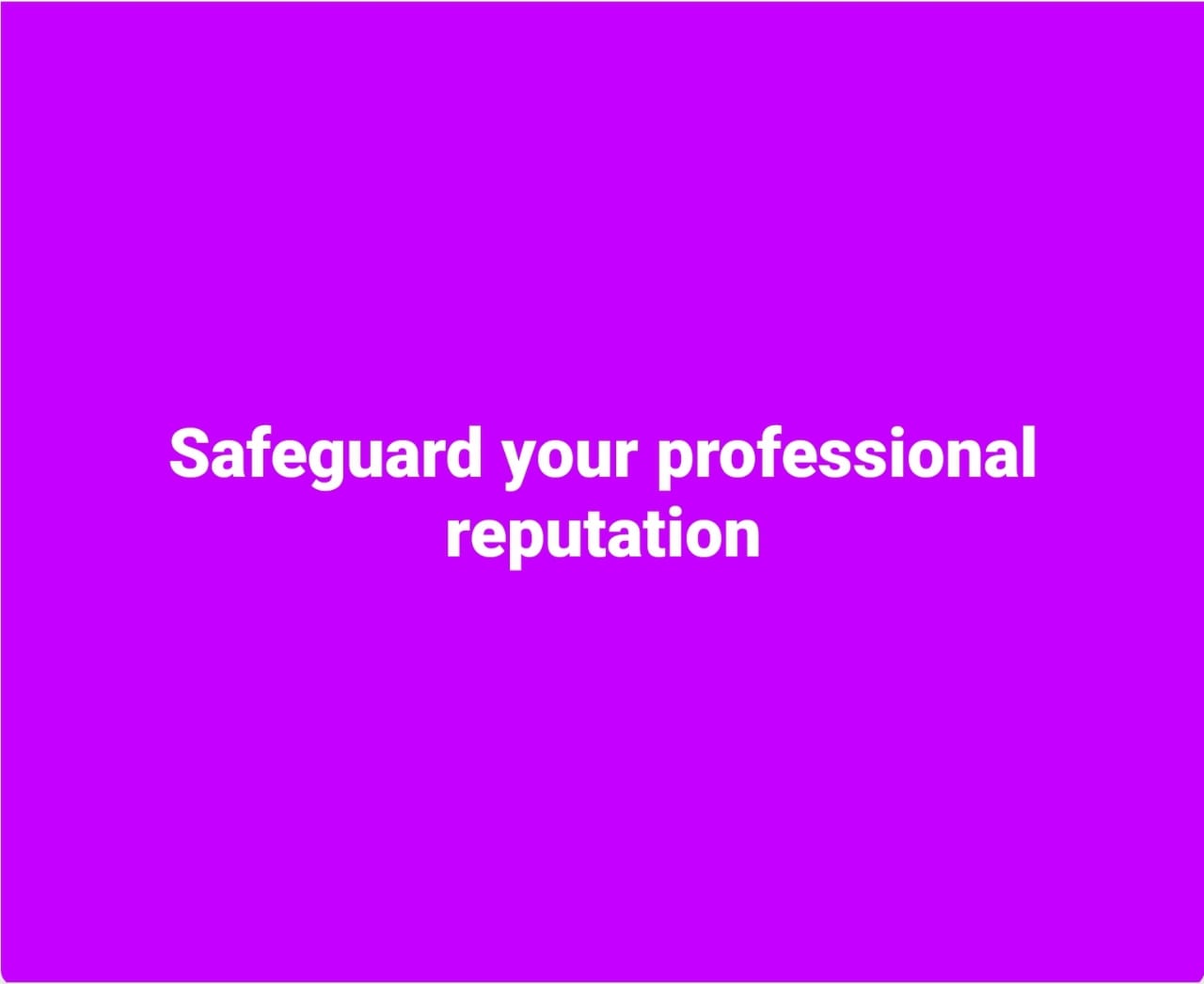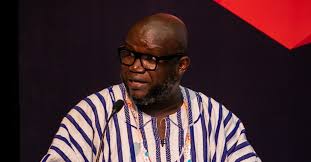Safeguarding Your Professional Reputation in Ghana’s Corporate Landscape: Lessons from Harvard Business Review
In Ghana’s tightly knit professional circles, where reputation and relationships hold immense cultural and career value, adversarial behaviour among peers—especially senior leaders—can have outsized consequences. As highlighted in a Harvard Business Review (HBR) article titled ‘How to Protect Your Reputation When a Peer Undermines You,’ subtle acts of corporate gaslighting, a form of psychological manipulation that involves the spreading of false narratives or eroding of credibility, can derail careers if unaddressed. In the Ghanaian context, where communal trust and respect for hierarchy are deeply ingrained, navigating such challenges requires cultural nuance and strategic action. Below, I adapt HBR’s insights to Ghana’s workplace dynamics.
Recognize the Problem: Is This Behaviour Systemic or Situational?
Ghanaian workplaces often prioritize harmony and indirect communication to avoid public confrontation. However, this can embolden undermining behaviours, such as a peer questioning your decisions in meetings without evidence, spreading rumours through informal networks (e.g., ‘side talks’ at after-work gatherings), or taking credit for your work. As HBR advises, assess whether the behaviour is consistent: ‘Is this person’s behaviour a pattern or an isolated incident?’
Consult neutral third parties—such as respected elders, long-tenured colleagues, or HR professionals—to validate your observations. It is essential to have mentors who can help you in such circumstances. For instance, if a peer repeatedly dismisses your contributions during project reviews, ask trusted mentors, “Have you noticed this dynamic, or is it my imagination?” Engage someone who has your back but who would tell you the truth. This step aligns with HBR’s recommendation to avoid misinterpreting cultural deference (e.g., silence in meetings) as personal attacks.
Build Support Strategically: Leverage Ghana’s Communal Networks
Reacting impulsively to provocation risks damaging your reputation in a culture that values composure (“cool heart”). Instead, HBR emphasizes “testing observations through private conversations with trusted allies.” This could mean seeking counsel from senior figures in professional associations (e.g., Institute of Directors Ghana) or faith-based networks with significant influence.
For example, privately engage a mentor who understands Ghana’s corporate norms if a peer undermines your authority. As HBR notes, use these conversations to “gauge support and make a game plan,” such as rallying allies to advocate for you in executive forums. Avoid public confrontations; align with Ghana’s preference for discreet problem-solving.
Create a Positive Counter-Narrative: Highlight Outcomes and Shared Values
Ghanaian professionals respect measurable results and communal success. To counter false narratives, HBR recommends crafting a “fact-based story that highlights your value.” For instance, if a rival claims you’re “not a team player,” compile evidence of collaborative wins, such as cross-departmental projects or stakeholder endorsements. Use metrics relevant to our growing sectors—e.g., revenue growth in agribusiness, customer acquisition in fintech, or community impact in NGO work.
Publicly align your achievements with organizational and national goals. In team meetings, cite your role in advancing the company’s priorities, such as digital transformation, business growth, or ESG initiatives. As HBR advises, “verbalize your commitment to the organization’s overall performance”—a message that resonates in a culture valuing collective progress.
Conclusion: Protect Your Reputation with Cultural Intelligence
Corporate gaslighting thrives in environments where victims stay silent. In Ghana, where personal integrity (“nunya, or nyansa”—wisdom) is prized, address undermining behaviour by combining HBR’s strategies with local norms. Document facts, leverage communal networks for support, and champion your contributions in ways that reflect our values of respect and collaboration.
As the HBR article concludes, resilience lies in “redirecting focus to your performance and positive impact.” Let your work do the talking, but you must be deliberate about making your work scream out by focusing on impact and benefits for others. By doing so, you protect not only your reputation but also reinforce the ethical leadership needed by Ghana’s corporate landscape.
References: Harvard Business Review. “How to Protect Your Reputation When a Peer Undermines You.”
This post has already been read 3338 times!




Post Comment